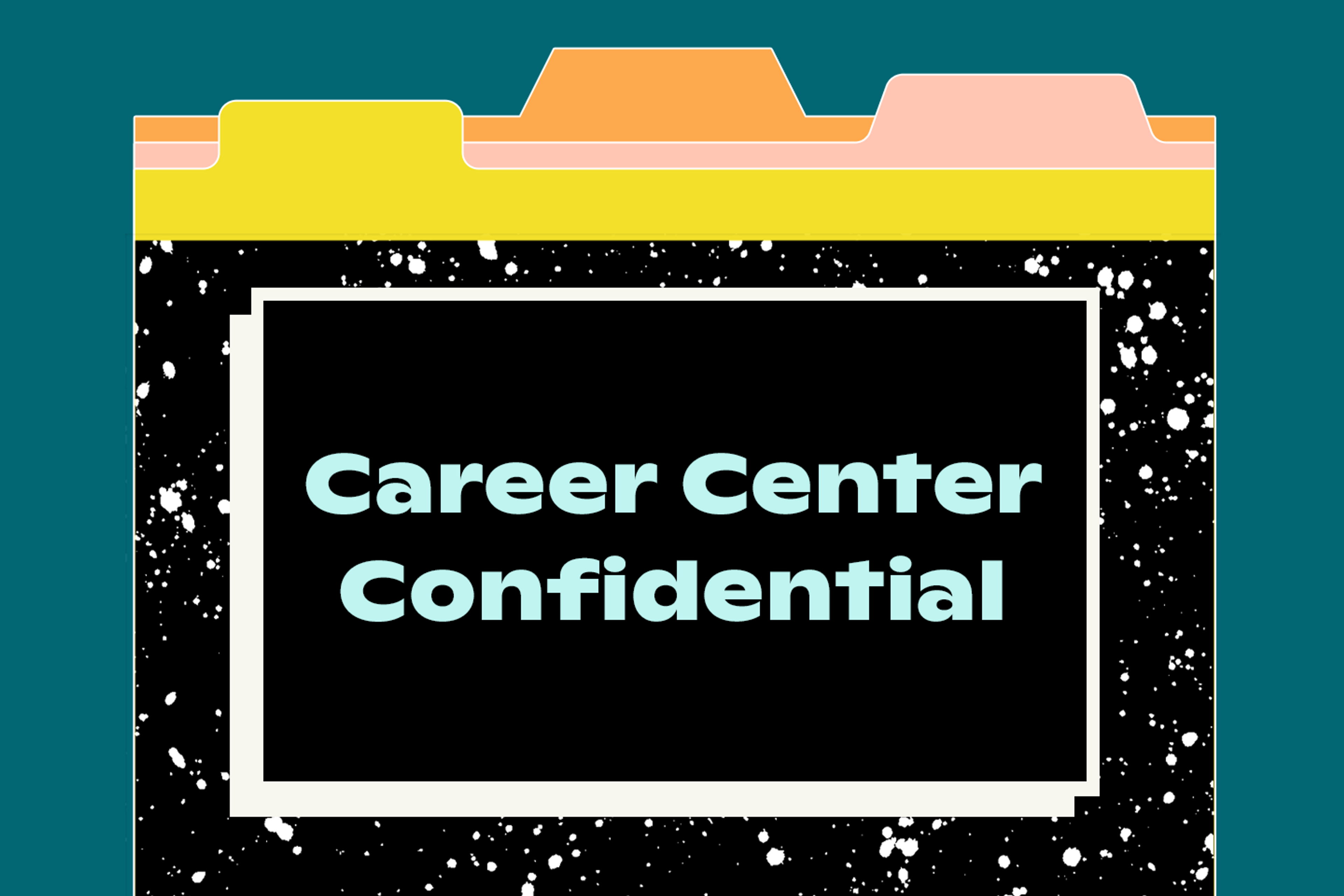How do you analyze a job description to determine if you are a fit? Many people assume that you must meet every requirement in order to apply. In particular, women tend to apply for fewer opportunities than men due to self-doubt about their qualifications. Keep these tips in mind during your job search to boost your confidence.
“No one will hire me without experience!”
We hear this question all the time: "How can I get experience when they won’t hire me without experience?" In some cases, with some employers, this can be true. However, most employers have a range of experience in mind, instead of a strict cutoff. College graduates seeking entry-level roles can apply for positions in the 0-2 years range. (The majority of jobs on Handshake fit into this range.)
You don’t need to check all of the boxes
Job descriptions are a list of ideal qualifications employers are seeking. It is very rare to find applicants who meet all of the qualifications. Because of this, employers are flexible when considering candidates.
Does the job description list industry knowledge and skills that you are unfamiliar with? Research these to determine your transferable skills and knowledge. Are you open and eager to learn what you don’t know? If so, apply and translate your current skills and knowledge while conveying your interest in learning more.
If you meet 60% or more of the qualifications, and you feel confident that you're a good fit, apply!
It’s all about the “soft” skills
Don’t underestimate the importance of “soft” skills that transcend roles and industries. Employers highly value communication, leadership, teamwork, analytical thinking, problem solving, and cultural competency skills. The National Association of Colleges and Employers conducts annual surveys with employers to determine what skills are most important in the workplace. Time and time again, it’s the “soft” skills that win out! NACE lists 8 career readiness competencies that employers look for. Upsell these skills in your resume, cover letter, and interviews when applying.
Assess your skills gaps and fill them
Indeed, you may have a knowledge, skills, and abilities gap to fill. Perhaps it is a software skill you need? Consider taking an online course. Many free and low-cost options exist. Do you need an advanced degree to pursue your field of interest? Consider your graduate school options. Do you need more experience? Consider volunteering or other options to help you gain the experience you need.
Researching and talking with others in the industry will help you determine where you need to commit your resources to close your skills gap in order to be a more competitive candidate.

About the author: Stacie Jeffirs is the Director of Career Crossings at Saint Mary’s College of Notre Dame, an all-women’s college. She is a Certified Career Services Provider and has 20+ years of experience in higher education career development.
Check out more tips from career center professionals in our ongoing series, Career Center Confidential.
